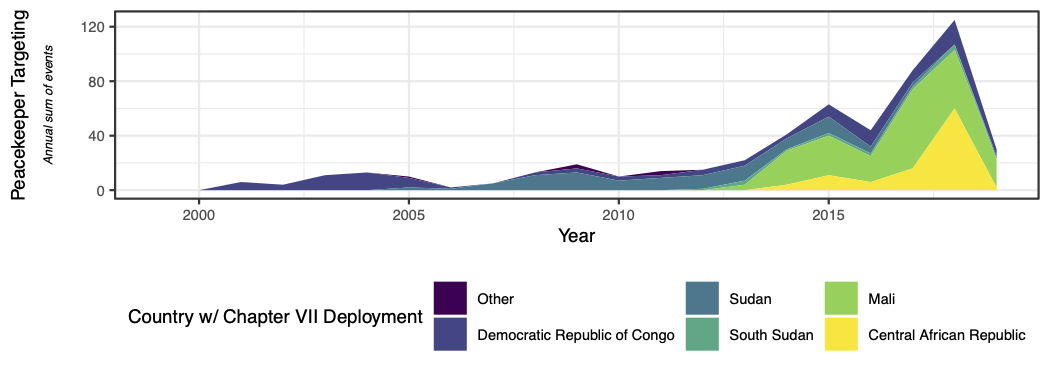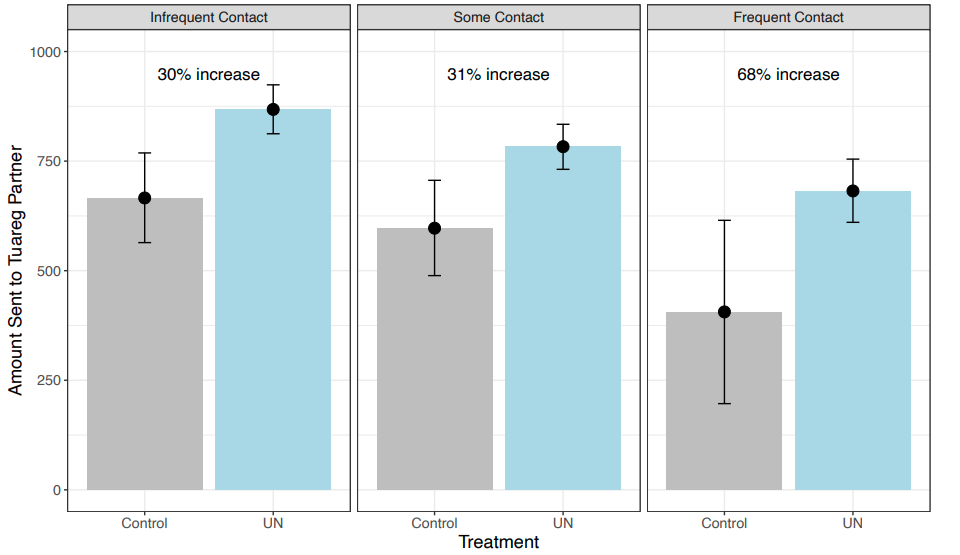Non-Combatants or Counter-Insurgents? The Strategic Logic of Violence against UN Peacekeeping

Abstract
Despite the wealth of academic research on United Nations (UN) peacekeeping operations, we know remarkably little about the causes of violence against peacekeepers. The dramatic increase in peacekeeper casualties over the past decade make this omission particularly problematic. This article demonstrates that violence against peacekeepers stems from strategic motivations. Peacekeepers in multidimensional PKOs serve as substitute providers of governance and security, working to bolster perceived state capacity and legitimacy in areas where the government cannot send its own forces. Insurgents target peacekeepers in expectation of a PKO unit's capacity to win over the support of local civilians. We argue that insurgents rely on three primary heuristics to predict the downstream efficacy of peacekeeping forces: personnel composition, peacekeeper nationality, and local levels of insurgent control. We test our theory using an original dataset of geocoded UN multidimensional peacekeeping deployments peacekeeping deployments. Using primary documents sourced directly from the UN covering 10 multidimensional peacekeeping operations from 1999-2018, we present comprehensive time-series data on UN peacekeeper deployment location. We find preliminary evidence that peacekeepers are targeted because of their cultural similarity with noncombatants and, in some cases, because they patrol areas where insurgents have political control.
Hunnicutt, Patrick, William G. Nomikos, and Rob Williams. "Non-Combatants or Counter-Insurgents? The Strategic Logic of Violence against UN Peacekeeping."






